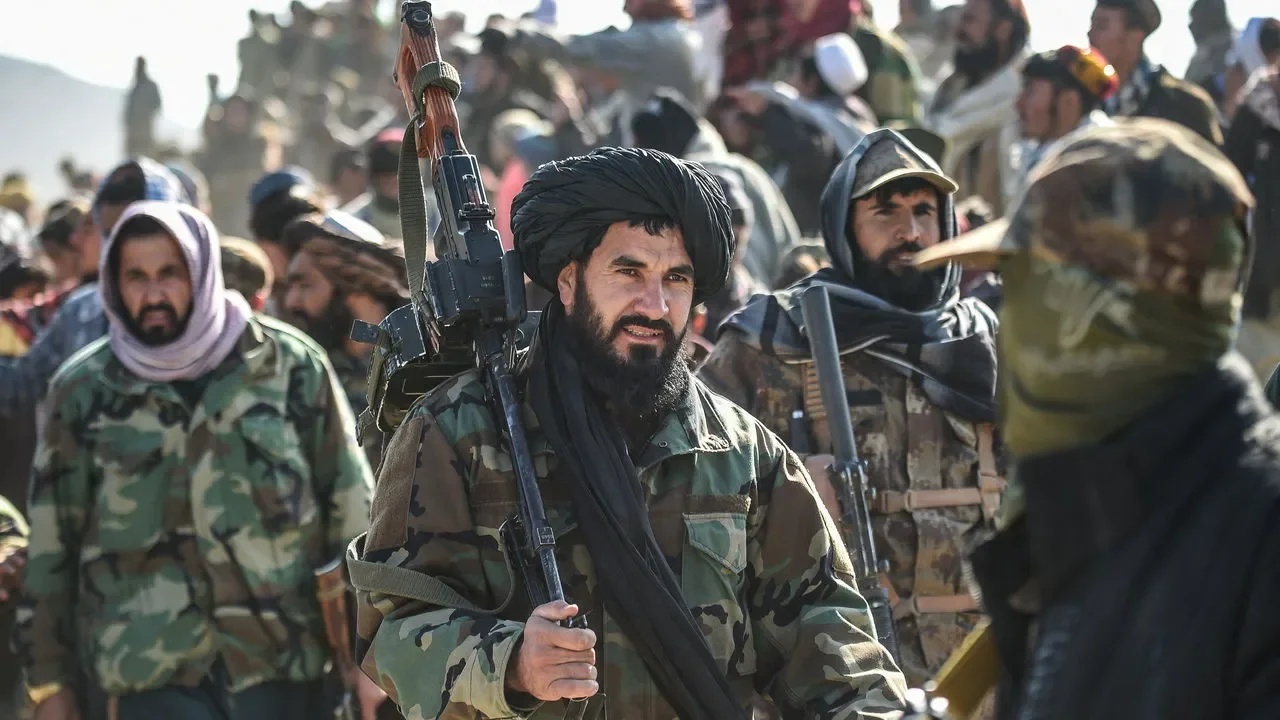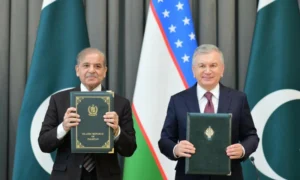The Taliban’s self-declared Islamic Emirate of Afghanistan asserts that its governance is an unwavering application of Sharia, or Islamic law. However, a jurisprudential analysis reveals that this claim stands in stark contradiction to the universal, foundational ethics of the Quran, particularly those injunctions demanding justice (‘Adl), benevolence (Ihsan), and the preservation of human welfare (Maqasid al-Sharia).
The conflict embodied by Taliban vs Quranic injunctions is not a matter of strict versus lenient interpretation, but a fundamental schism between autocratic control and the equitable spirit of the faith.
Taliban vs Quranic Injunctions in the Judicial Realm: Justice Forsaken
The Taliban’s judicial system is characterized by profound opacity and coercion, actively dismantling previous legal frameworks and protection mechanisms. The regime has not established a cohesive, codified legal framework, resulting in a profound lack of legal uniformity, certainty, and predictability nationwide. Reports show that moral codes and laws are enforced inconsistently, with judges in rural areas often “browsing religious texts during trials to find suitable references,” resulting in arbitrary and delayed outcomes.
This legal vacuum enables the widespread imposition of severe Hudud (fixed punishments) and Qisas(retaliation), including public executions, amputations, and floggings, in a system “devoid of due process“. This is where the core conflict between the Taliban and Quranic injunctions is most explicit. Classical Islamic law, including the Hanafi school the Taliban claims to follow, demands rigorous procedural safeguards and extremely high evidentiary thresholds to prevent wrongful convictions, thereby protecting life. Scholars argue that the amputation of hands is not inherently more “Islamic” but rather an act performed cruelly because the governing authority holds unrestrained political power.
The Quran explicitly commands justice, even against self-interest, stating:
“O you who have believed, be persistently firm in justice, witnesses for Allah, even if it be against yourselves or parents and relatives.” (Q 4:135)
The systemic disregard for impartial and predictable legal standards demonstrates that the Taliban’s vs Quranic injunctions is prioritized for the assertion of sociopolitical dominance rather than achieving comprehensive justice.
The Edict of Exclusion: Violations of Dignity and Intellect
The most profound evidence of Taliban vs Quranic injunctions lies in the systematic oppression of women and girls. Since 2021, the de facto authorities have issued over 80 edicts targeting women’s rights to movement, work, and education, creating an institutionalized system of discrimination and domination that UN experts have described as “gender apartheid”.
The ban on female secondary and university education is a catastrophic violation of the protective aim of Sharia to preserve the intellect (Hifz al-’Aql). By suppressing education, the regime contravenes a core objective of the faith and strategically eliminates a source of critical thinking and future juridical capacity. Further complicating the matter is the influence of Pashtun tribal custom (Pashtunwali), which has been merged with religious dictates to enforce misogynistic norms under the guise of divine law, a clear instance of Taliban vs Quranic injunctions being bent to serve cultural chauvinism.
The Quran prohibits coercion in matters of faith, challenging the harsh coercion employed by the Ministry of Vice and Virtue:
“There shall be no compulsion in [acceptance of] the religion.” (Q 2:256)
Global Islamic Rejection and Theological Deviation
The interpretation of Sharia put forth by the Taliban differs significantly and severely from its implementation in other Muslim-majority countries. This fundamental contradiction, the ongoing Taliban vs Quranic injunctions, has led to widespread scholarly denunciation.
The Grand Imam of Al-Azhar, the paramount institution of Sunni learning, denounced the ban on women’s education as a “fabrication” and contrary to Islamic teachings. Similarly, the Organization of Islamic Cooperation (OIC) stated unequivocally that the decision to prevent girls’ education was “not based on texts in Islamic law”.
This consensus from the global Muslim community confirms that the regime is operating profoundly at odds with the broader ethical principles of Islam. Ultimately, the political model established by the Taliban exhibits autocratic-totalitarian tendencies and relies on the personalized authority of the Supreme Leader.
This manipulation of religious vocabulary to justify political and social control confirms that the Taliban vs the Quranic injunctions is the defining characteristic of the Emirate’s illegitimate rule. The regime’s practices systematically negate the very purposes Sharia was revealed to uphold: justice, dignity, and human welfare.
Also Read: Dar al-Islam’s Closed Doors: From the 1920 Hijrat to the 2025 Propaganda








